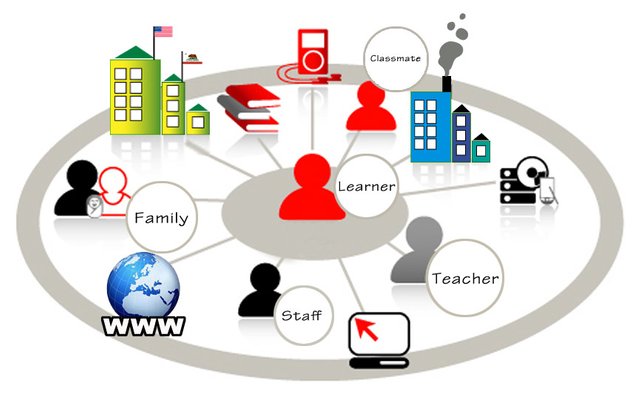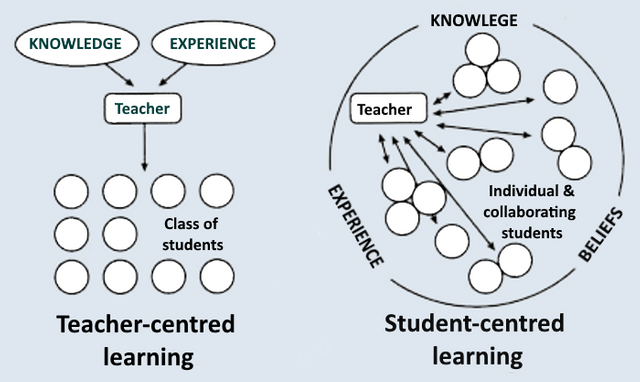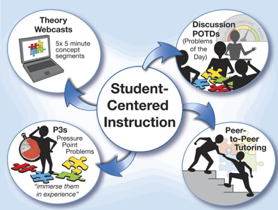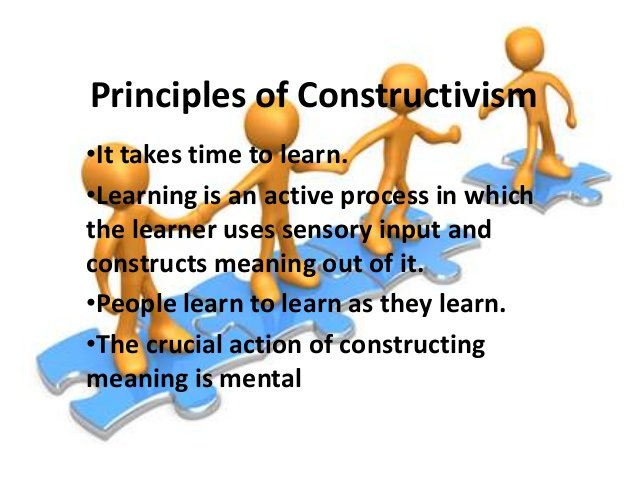The Influence That Learning Models Can Have On Globalization Coping Strategies, With An Introduction To The PAKEM Learning Model
Today, the development of education is highly influenced by globalization, especially through science and technology, both of which are progressing rapidly. In addition to having a positive impact on our educational systems, it also has negative affects. On the one hand, globalization is very helpful in developing and advancing the world of education. On the other hand, it can also result in a poorer form of education, if not taken heed of correctly. Recognized or not, the impact of globalization has in some instances, diminished the quality of education.
Of course, there are many factors that affect the success of education, one of which is the learning model. The learning model is defined as a systematic procedure in organizing learning to achieve learning goals. It can also be interpreted as a learning approach. A learning model refers to the approach, strategy or learning method. At present, there are many learning models used in learning activities, ranging from simple to complex models, which require many tools in their application.
A learning model is important and plays a major role in allowing learning processes to run efficiently. In general, children will be bored, lazy or even unconcerned with what is conveyed by educators/teachers if the model of learning used does not meet certain criteria. This is why student-centered learning models are the ideal solution.
Learning Models Discussed In Detail
The concept of Student-centered learning or Student-centered Education, refers to a set of learning activities which focuses on the learning capabilities of students and in essence, a learner is a stakeholder in the learning process.This means that a learner must be the architect in their own learning process, giving the educator direction.
"Student-centered learning puts students' interests first, acknowledging student voice as central to the learning experience. In a student-centered learning space, students choose what they will learn, how they will learn, and how they will assess their own learning". - Wikipedia
If analyzed further, student-centered learning refers to a number of learning programs such as learning experiences, instructional approaches, interests, aspirations, the influence of cultural backgrounds, and so on. To achieve this goal, schools, teachers and other education specialists are required to be able to use a variety of educational methods, ranging from modifying tasks and instructional strategies in the classroom to designing a fun learning process. But one of the main factors in achieving learning success is motivation.
There are four factors that educators need to be aware of when incorporating motivation into their teaching and learning strategies:
- intrinsic motivation,
- instrumental motivation
- social motivation, and
- achievement motivation
This is why, with the development and advancement in science and technology in this globalized era, a new learning paradigm and model has emerged, one that focuses on the impacts of globalization and the progress of science and technology. This learning model is fun, centered and largely based on motivation.
This new learning model is called the"PAKEM learning model", and was developed in Indonesia in 2013.
The PAKEM Learning Model
In the new paradigm of education in Indonesia, learning not only aims to change the behavior of students but also to create characters and professional mental attitudes that are oriented to a global mindset. The focus of learning is on learning how to learn - not just focusing on studying the substance of subjects.
While the approach, strategy, and method of learning in the PAKEM learning model refers to the concept of Constructivism that encourages and rewards students' learning efforts within the process of inquiry & discovery, it also enables the occurrence of problem-based learning.
The PAKEM learning model proceeds to use the teacher as a facilitator to help and guide students in learning how to learn, and not just simply feeding them information, that in the end, is not actually absorbed.
The term PAKEM was originally developed from AJEL (Active Joyful and Effective Learning). In Indonesian education, this learning model has been introduced since 1999 with different terms, namely "PEAM" (Effective, Active and Fun Learning). In 2002, along with the development of School-Based Management, the term "PEAM" changed "PAKEM" (Active, Creative, Effective and Joyful Learning). in essence, the PAKEM learning model comes from theories of active learning.[Source]
PAKEM teachers are required to have educational qualifications and broad insights about this learning process.
In the PAKEM model, according to (Rusman, 2010; 323), teachers are required to be able to conduct learning activities that can; engage students through participative, active, creative, effective and fun learning methods. With the ultimate goal being to encourage students to create work, construct ideas and build opinions that are their own, not what the teacher has "fed" them.
Conclusion
Conclusion
Based on the above, it can be concluded that student-centered learning, like PAKEM found in the Indonesian education scope, is one of the learning models that aims to improve the quality of education so that graduates can cope with the impacts of globalization in a positive light.
References and Bibliography:
en.wikipedia.org
gemasastrin.wordpress.com
Rusman, "Model-Model Pembelajaran Mengembangkan Profesionalisme Guru", (Jakarta: PT Rajagrafindo Persada, 2010), page. 322




excelent @ijoel. that's very good and is a useful information for all circles, especially academics in the world of education and teachers
Thanks, You has been stopping onmy post. and hopefully, all the information I publish becomes a benefit to all
@ijoel. You shared a information of education that is be needed now in education world
this a new information for me. I think information in yours very benefit for education and the teacher
Great @Ijoel.... knowledge and good information, thanks @ijoel
We may never be strong enough to be entirely nonviolent in thought, word and deed. But we must keep nonviolence as our goal and make strong progress towards it.
- Mahatma Gandhi
thank
Saya lagi ikut kontes ni, tolong kasih komentar dengan kata "Dalc" pada no.9 atas nama @wandimaru di:
https://steemit.com/airhawk-project/@airhawk-project/airhawk-project-crypto-knowledge-writing-contest-1-finals-comment-with-dalc-to-award-the-top-author-100-dalc-runner-up-40-dalc